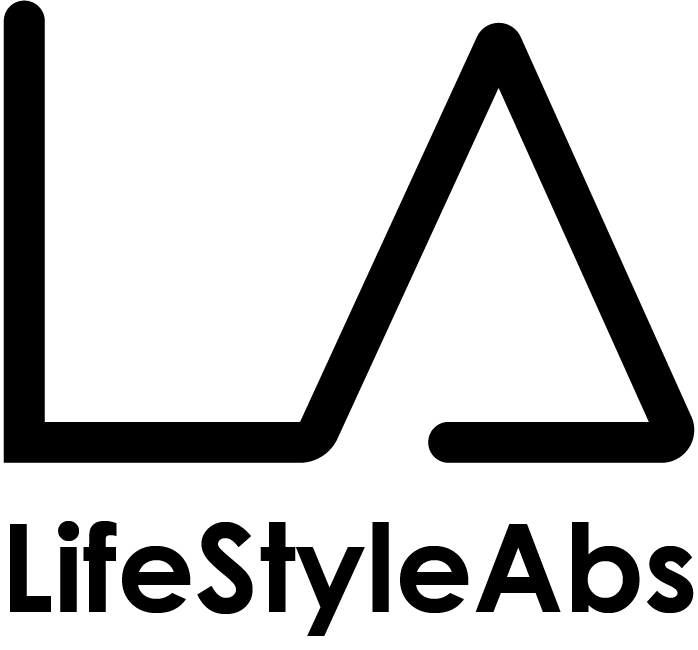MSG (Monosodium Glutamate) AKA: Hydrolyzed Vegetable Protein: Found in:
- Campbell’s soups
- Hostess Doritos
- Lays flavored potato chips
- Top Ramen
- Betty Crocker Hamburger Helper
- Heinz canned gravy
- Swanson frozen prepared meals
- Kraft salad dressings (especially the ‘healthy low fat’ ones).

Restaurants and food manufacturers hide MSG under many different names in order to fool those who catch on.
Used by the following restaurants:
- Burger King
- McDonalds
- Wendy’s
- Taco Bell
Every restaurant uses MSG in abundance, even the sit-down ones like:
- TGIF
- Chilis’
- Applebees
- Denny’s
- Kentucky Fried Chicken (seems to be the WORST offender: MSG was in every chicken dish, salad dressing and gravy. No wonder people love to eat that coating on the skin, their secret spice was MSG!
Eating TFAs are known to increase the risks of both coronary artery disease and diabetes
MSG is added to food for the addictive effect it has on the human body. There is a direct link between MSG and to Diabetes, Migraines and headaches, Autism, ADHD and even Alzheimer’s.

Aspartame (Nutrasweet, Equal) Methanol (wood alcohol), which makes up 10% of aspartame and is highly toxic (adult minimum lethal dose is 2 teaspoons), is also found in some fruits & vegetables like tomatoes. However, methanol is never found in natural foods without ethanol & pectin, its “antidotes” if you will (detailed facts below). Ethanol & pectin prevent methanol from being metabolized into formaldehyde (embalming fluid) & formic acid (same chemical as fire ant venom), both deadly toxins.
There’s finally there’s a product using Stevia, a natural sugar substitute that is safe to consume.
Trans Fatty Acids (TFAs) are unsaturated fats formed during the process of the hydrogenation of vegetable oils for food manufacturing. Major sources of TFAs include margarines, bakery products, packaged snacks, deep fried fast foods, pastry goods and sandwich spreads like nut butters and others made with margarine or shortening.
TFAs are created by a process called hydrogenation in which vegetable oils are heated to very high temperatures and hydrogen is bubbled through it to harden the fat so it will not melt easily in high temperatures and the treated fat will then have a long shelf life.
Eating TFAs are known to increase the risks of both coronary artery disease and diabetes. TFA consumption lowers HDL-cholesterol concentrations and raises LDL-cholesterol, triacylglycerol, and lipoprotein(a) concentrations. However, these lipid effects of TFA intake do not account for the observed elevated risk of diabetes.
How To Avoid TFA’s
- Read the product’s ingredient label
- Use olive oil instead of butter or margarine on bread
- Use ghee/clarified butter or lard for cooking
- Adjust your menu to include more unprocessed foods low in saturated fat.
- Avoid packaged snacks and most fast food.
- Home cooking without shortening is less likely to contain hydrogenated oils.
- Don’t confuse Trans fatty acids with omega-3 fatty acids, the heart-healthy fats found in fish.
© Copyright – Hector Sectzer





